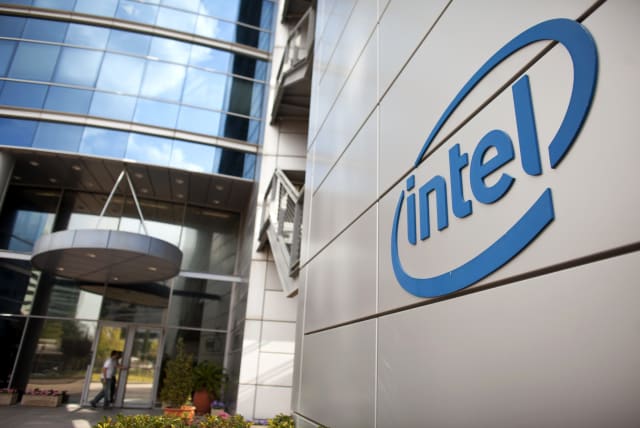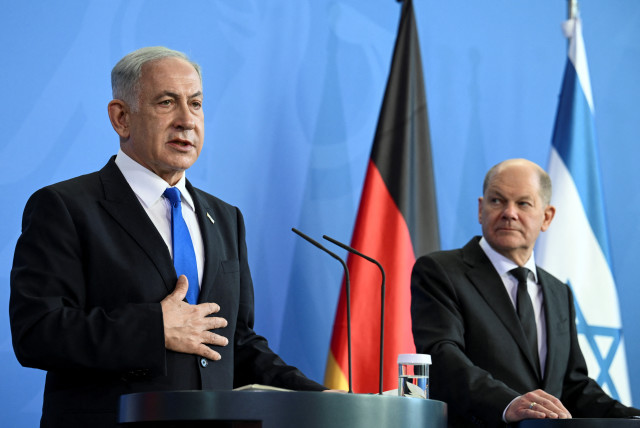Berlin, Intel strike deal on $33 billion chip plant after months of subsidy talks

The deal in Germany would be Intel's third big investment in four days, following a $4.6 billion chip plant in Poland and a $25 billion factory in Israel.
Intel INTC.O will invest more than 30 billion euros ($33 billion) in Germany as part of its expansion push in Europe, the US company said on Monday, a project key to German Chancellor Olaf Scholz's ambitions to create a global chip hub.
The deal, which involves two leading-edge semiconductor facilities, involves 10 billion euros in German subsidies, a person familiar with the matter said.
Intel CEO Pat Gelsinger said he was grateful to the German government and the local state of Saxony-Anhalt, where the company plans to built one plant, for "fulfilling the vision of a vibrant, sustainable, leading-edge semiconductor industry in Germany and the EU."
Under Gelsinger, Intel INTC.O has been investing billions in building factories across three continents to restore its dominance in chipmaking and better compete with rivals AMD AMD.O, Nvidia NVDA.O and Samsung 005930.KS.
The deal in Germany would be Intel's third big investment in four days, following a $4.6 billion chip plant in Poland and a $25 billion factory in Israel.
Both the United States and Europe are trying to lure big industrial players via a mix of state subsidies and favorable legislation, with Berlin concerned about losing appeal as a place to invest.
Luring tech companies to Germany
The German government is investing billions of euros in subsidies to lure tech companies to Germany amidst growing alarm over supply chain fragility and dependence on South Korea and Taiwan for chips.
Berlin is currently also talking with Taiwan's TSMC 2330.TW and Sweden's electric vehicle battery maker Northvolt about setting up production in Germany, having already convinced Tesla TSLA.O to build its first European gigafactory there.
Frankfurt-listed Intel shares INTC.F were 0.3% lower at 1316 GMT.
The chipmaker last year announced plans to build a big chip complex in Germany, along with facilities in Ireland and France, as it seeks to benefit from the European Commission's eased funding rules and subsidies as the EU tries to cut its dependence on U.S. and Asian supply.
It has not yet specified the exact size of the investment.
Gelsinger told Reuters on Friday that the gap between what Germany had offered and what Intel needed was too big but he expected to reach an agreement, adding that his request was to be cost competitive.
"We lost this industry to Asia, we have to be competitive if we're going to bring it back," he said, adding the overall investment for the site would be "tens of billions of dollars."
($1 = 0.9150 euros)
Jerusalem Post Store
`; document.getElementById("linkPremium").innerHTML = cont; var divWithLink = document.getElementById("premium-link"); if (divWithLink !== null && divWithLink !== 'undefined') { divWithLink.style.border = "solid 1px #cb0f3e"; divWithLink.style.textAlign = "center"; divWithLink.style.marginBottom = "15px"; divWithLink.style.marginTop = "15px"; divWithLink.style.width = "100%"; divWithLink.style.backgroundColor = "#122952"; divWithLink.style.color = "#ffffff"; divWithLink.style.lineHeight = "1.5"; } } (function (v, i) { });


